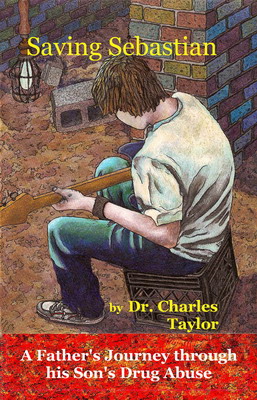Nonfiction
Jim McGarrah’s The End of An Era is an insightful, heartbreaking and, at times, hilarious account of his struggles as a veteran in the aftermath of the Vietnam War. It should be required reading for those with the power to launch an ill-conceived, ill-fated war and send young people into it. —Barbara Shoup, Story Matters

Dr. Robert Rynearson describes Profile Self Confrontation, a counseling technique in which patients view on video screen the right and left profiles of their own faces. Time to Listenalso chronicles Dr. Rynearson’s personal journey into studying medicine and psychiatry and, ultimately, into his work with Profile Self Confrontation. More

Dr. William Seale's Texas Riverman is the biography of Captain Andrew Smyth, whose life spanned the history of river transportation from the 1830s to the 1870s, from rafts to flatboats to keelboats and finally to steamboats. more about Riverman information about Dr. Seale
“In telling Smyth’s story, Seale has also told the story of the life of the people of East Texas.” –the Southwestern Historical Quarterly

You don’t have to love or even like cats to treasure this amazing book. Nothing quite like it has ever been pawed down on paper. Chuck Taylor’s One True Cat is an exciting roller coaster ride through a life spent around cats inside categories that’s both catastrophic and cathartic. It is a myriad look at cat behavior as well as an exploration of how humans and cats acquire skills and learn how to interact and love.
from our imprint, Four Genres Press

Dr. Charles Taylor's latest book is a moving but gritty memoir of his struggles with his son's drug and alcohol addiction. It is a book that parents of drug abusing children will find both touching and helpful. More
from our imprint, Four Genres Press

This is the remarkable journal of Caroline Watanabe, an Amerasian girl who, at age 18, left her home in Japan to go to Taiwan to work in a home for the elderly, one ran by the Daughters of Charity. Completely fluent in English and Japanese, Caroline Watanabe sought to improve her knowledge of Mandarin by going to Taiwan, but she learned much more than language from the elderly people she helped and from the sisters with whom she lived. In her journal she paints vivid portraits of the people who were important to her in what became for her a spiritual journey.
